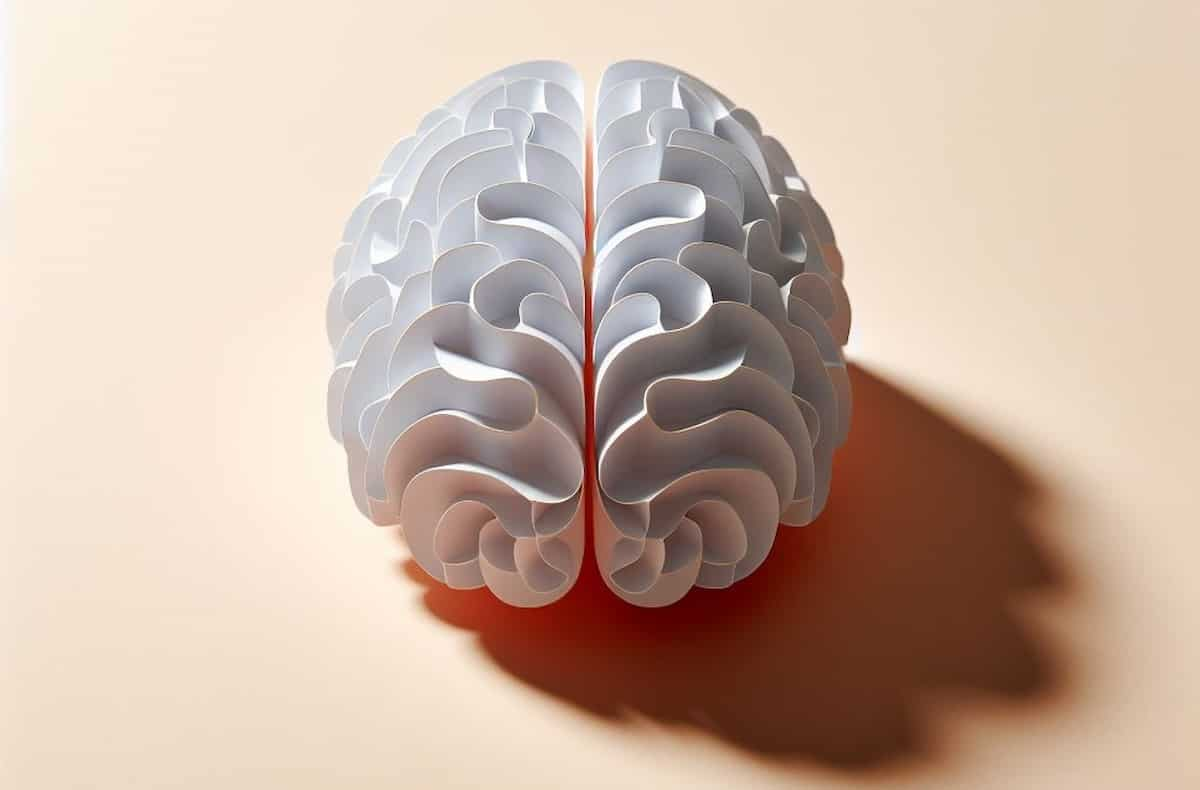The brains of highly intelligent individuals are better at staying focused, the research suggests.
People with higher IQs have more stable interactions between regions of their brain, a study finds.
The finding contributes to the scientific debate on what makes some people more intelligent than others.
Some say that high IQ brains are more efficient, others that it is superior connections between brain regions that generate higher cognitive abilities.
This study suggests a more subtle answer: that it is stability in processing that produces the best neural results.
Higher intelligence is linked to states of high integration in the brain: when different areas are working well together.
It is as though the brains of people with higher intelligence are able to coordinate the different regions more efficiently.
Dr Kirsten Hilger, the study’s first author, said:
“The study of the temporal dynamics of human brain networks using fMRI is a relatively new field of research.
The temporally more stable network organisation in more intelligent individuals could be a protective mechanism of the brain against falling into maladaptive network states in which major networks disconnect and communication may be hampered.”
The study included 281 people who were given brain scans and IQ tests.
Researchers analysed the brain scans for how integrated they were over time.
The brain has a modular structure: one area is devoted to vision, another to the emotions, still another to making decisions and so on.
However, what this study found was that integration between the modules was linked to higher IQ.
The researchers found that this integration was most marked in regions of the brain that are important for attention.
Dr Hilger said:
“At present, we do not know whether the temporally more stable brain connections are a source or a consequence of higher intelligence.
However, our results suggest that processes of controlled attention – that is, the ability to stay focused and to concentrate on a task – may play an important role for general intelligence.”
The study was published in the journal Human Brain Mapping (Hilger et al., 2019).

